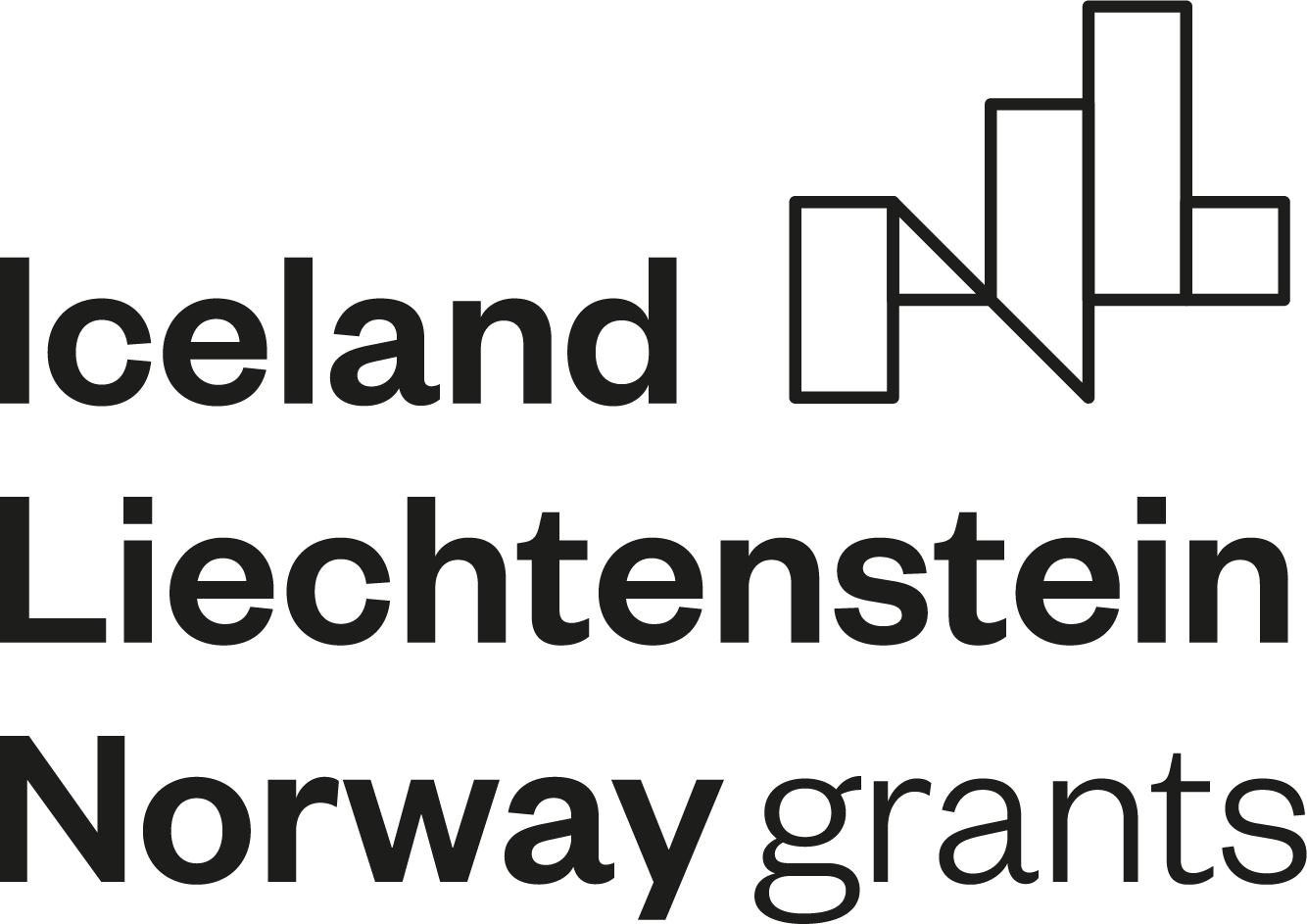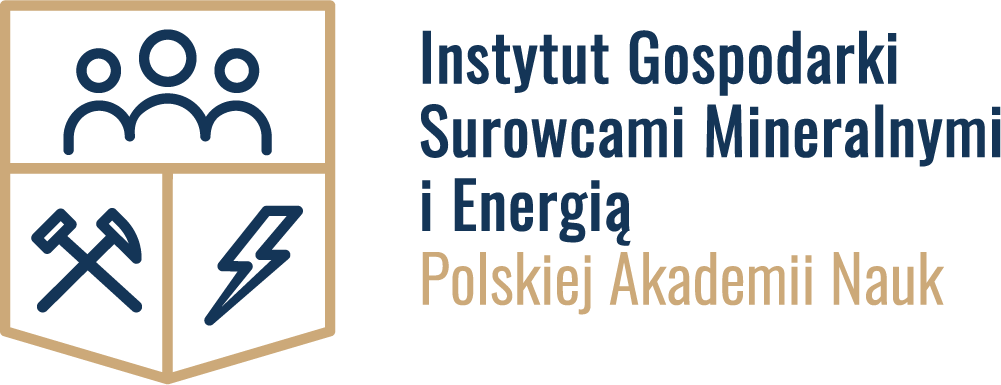Training activities in Poland, 18-20 May 2022 (1st round)
- June 6, 2022
Geothermal energy: Training activities in Poland as a part of the Project ‘Capacity building of key stakeholders in the area of geothermal energy’, 18-20 May 2022
Training activities in Poland for optimal use of geothermal energy for district heating to increase economic, social, environmental and climate benefits, was held in Poland 18th to 20th of May 2022. The training activities were one part of the EEA FM project ‘Capacity Building of the Key Stakeholders in the Area of Geothermal Energy’. The project was officially launched on February 9th, 2021 (https://keygeothermal.pl/en/events/the-keygeothermal-project-has-started/). The main project activities include capacity building, training activities in Poland, study visits to Iceland, expert study visits to selected localities in Poland prospective for the geothermal uses and report on these visits, information and communication activities regarding the project and the EEA Funds.
The main topics of the training activities were among others, best practice from experienced experts on geothermal applications in Iceland and Poland, leading geothermal policy, strategy, funding, and implementation, public administration for geothermal energy, environmental and climate benefits of geothermal district heating, geothermal engineering on resources, exploitation, surface infrastructure and economic and climate value of geothermal resources. The training activities were intended for administration of various levels, local governments, operators, investors of implemented or planned heating plants and other geothermal installations, representatives of key stakeholders, public to private sector, beneficiaries of government programs supporting the identification of resources, geothermal energy users in Poland, service providers, consultants, scientific-research entities, geological administration, and others.
There was great interest in the event as it was fully booked with over 40 regular participants, and those that could not attend it this year would have a chance to attend next year round. There was a great deal of interest among the Polish participants on the use of geothermal, both on technical and administrative levels. The discussions and high level materials showed that the knowledge on geothermal has increased significantly over the past few years and gives good promise on further development and uses. At the event there were great interests in many topics and there were informative and constructive discussions regarding some topics. Moreover the interest in cooperation between Poland and Iceland in geothermal related activities was expressed, too
A study visit to Iceland is planned this autumn and in 2023, attended by the representatives of Polish public and private companies, municipalities, etc.. The main purpose is to visit best-practice geothermal district heating installations, explore information, knowledge and cooperative opportunities between Poland and Iceland for improvement in geothermal usage, energy security and to mitigate climate change.
Aa a part of training activities, on the 20th of May, participants went for a technical study visit to selected geothermal installations which included geothermal installations in Mszczonów – a heating plant, and a geothermal borehole Mszczonów IG-1 (operated by Geotermia Mazowiecka S.A.), as well as Termy Mszczonów and the Deepspot diving center (one of the deepest facilities of this type in the world ~45.5 m depth). Suntago Park of Poland in Wręcza (supplied by geothermal water and energy) – one of the largest recreational centers in Europe – was also visited and some of its technological installations were demonstrated.
The visits began with a very interesting meeting with the Mayor of Mszczonów, the Deputy Mayor of Sochaczew (where an investment aimed at integrating geothermal energy into the municipal central heating network is under implementation), with the CEO of Geotermia Mazowiecka S.A. A significant element of the visit was also a lecture by Dr. Katarzyna Kurek on the impact of the use of geothermal resources on the economic development of communes and local entrepreneurship. During the tour of the other installations and facilities mentioned, their representatives provided a lot of very interesting information and explanations. At the end of the training activities, all participants got the certificate of attendance
Some pictures from the Training activities are presented below.
(photos: Aleksandra Kasztelewicz)
Training activities in Poland - Agenda
- 18th of May, 2022
| Hrs | Item | Min. | Lecturers |
| 9:00 | Opening of the Training activities | ||
| – Welcome, introduction to the Project and training activities | 10 | Partner representatives | |
| – Speeches by representatives of the Management of the Ministry of Climate and Environment, the National Fund for Environmental Protection and Water Management – Operators of the EEA FM Environment, Energy and Climate Change Program | 20 | Representatives of the management of the MCE and NFEPWM | |
| – Project contribution to the implementation of the objectives of the EEA FM, Environment Program, Energy and Climate Change | 10 | Project manager | |
| – Organizational information | 10 | Project manager | |
| 9:50 | Coffee break | ||
|
10:10 |
Introduction to the subject of Training | ||
| – Activities of the minister responsible for the environment for the development of geothermal energy in Poland | 25 | Dawid Kamionka (MkiŚ DgiKG) | |
| – Financing of boreholes and geothermal investments in Poland | 25 | Beata Kuś, Magdalena Misiurek, NFEPWM | |
| – District Heating in Poland | 15 | Piotr Sprzączak, MCE, Director of the District Heating Department | |
| – Geothermal district heating in Poland – opportunities and challenges | 10 | Beata Kępińska (IGSMiE PAN) | |
| – Geothermal district heating in Iceland – opportunities and challenges | 15 | Jon R. Gudmundsson (NEA) | |
| 11:40 | Introduction to geothermal energy | 30 | Beata Kępińska (IGSMiE PAN) |
| 12:10 | Lunch | ||
| Geothermal energy in district heating – Iceland. Experiences, technologies, best practices | |||
| 13:00 | Public administration for geothermal energy – Procedural Principals and how to we can rethink the role of Government and overcome barriers |
35 | Jonas Ketilsson (NEA) |
| Optimal methods of sustainable exploitation of geothermal in district heating -Geothermal development in Iceland and lessons learned on the way to a sustainable energy society |
35 | Jonas Ketilsson (NEA) | |
| 14:10 |
Best practice on geothermal district heatingmanagement and engineering – Main methods and technologies of geothermal district heating – selected technical, energetic, installation, economic, etc. aspects essential for Polish conditions |
20 | Óskar P. Einarsson (NEA/Verkis) |
| – Common challenges in operating geothermal wells and heating systems | 20 | Óskar P. Einarsson (NEA/Verkis) | |
| – Sizing of heat pumps and peak load boilers in geothermal heating system. Capacity vs. annual energy use | 20 | Óskar P. Einarsson (NEA/Verkis) | |
| – Handling of non-condensable gas in geothermal fluid. Corrosion, scaling, productivity and injectivity decrease in geothermal wells and installations. Reasons, mitigation measures | 30 | Óskar P. Einarsson (NEA/ Verkis) Beata Kępińska, Barbara Tomaszewska (IGSMiE PAN) |
|
| 16:00 |
– Geothermal heating – environmental and climate benefits on a local and global scale |
40 | Baldur Pétursson (NEA) |
|
– Examples of geothermal energy applications for zero emission heating in Iceland as best practices for Poland, I |
40 | Jon R. Gudmundsson (NEA) | |
| 17:20 | – Q&A, discussion | Participants, lecturers | |
| 18.00 | – Summary of Day 1 | Project manager, coordinator | |
| 19.00 | Dinner | ||
- 19th of May, 2022
| Geothermal energy in district heating – Iceland. Experiences, technologies, best practices, cont. | |||
| 09:00 | Best practice on geothermal district heating management and engineering – Examples of geothermal energy applications for zero emission heating in Iceland as best practices for Poland, II |
40 |
Jon Gudmundsson (NEA) |
| 9:40 | Geothermal in energy policy in Iceland – economic and climate value of geothermal resources. Resources parks, geothermal clusters – case study Iceland |
45 |
Baldur Pétursson (NEA) |
| 10:25 | Coffee break | ||
| Geothermal energy in district heating – Poland. Experiences, technologies, best practices | |||
| 10:45 | Geothermal resources in Poland. |
30 |
Marek Hajto (AGH WGGiOŚ) |
| A review of current geothermal energy uses and future prospects |
30 |
Beata Kępińska (IGSMiE PAN) | |
| 11:45 | Organisation and management of geothermal energy projects in Poland (main formal and legal aspects) |
30 |
Barbara Tomaszewska, Bogusław Bielec (IGSMiE PAN) |
| 12:15 | Lunch | ||
| 13:15 | Characteristics of geothermal energy source and impacts of individual elements of geothermal system on the efficiency of its operation |
60 |
Leszek Pająk (IGSMiE PAN) |
| 14.00 | Selected examples of geothermal district heating in Poland suitable for further successful development |
50 |
Wiesław Bujakowski, Leszek Pająk (IGSMiE PAN) |
| Reconstruction and adaptation of abandoned and negative wells for geothermal purposes – experiences and prospects in Poland |
20 |
Wiesław Bujakowski, Bogusław Bielec, Aleksandra Kasztelewicz, Maciej Miecznik, Leszek Pająk (IGSMiE PAN) | |
| Innovative geothermal applications in Iceland and in Poland – a brief review | |||
| 15:25 | – Innovative applications of geothermal energy – examples from Iceland |
30 |
Jon Gudmundsson (NEA) |
| – Directions of innovative applications of geothermal energy – examples from Poland |
30 |
Leszek Pająk, Barbara Tomaszewska, Maciej Miecznik (IGSMiE PAN) | |
| 16:25 | Coffee break | ||
| 16:45 | – Q&A | Participants, lecturers, | |
| 17:45 | – Discussion on geothermal uses in district heating, development prospects, role in zero emission economics, climate protection in Iceland and in Poland. Opportunities of Polish-Icelandic cooperation on geothermal energy. – Participants’ opinions on the Training activities – Presentation of Certificates of Participation – Closure of 1-2 Days of Training activities | Project manager, coordinator | |
| 19:00 | Dinner | ||
| Overnight in hotel (lecturers, participants, organisers) | |||
- 20th of May, 2022
| 9:00 | Introduction to technical study visit /in conf. Room/ | Representatives of IGSMiE PAN, plant operators |
| 10:15 | Drive to Mszczonów (by bus) | |
| 11:30 | Meeting with representatives of the City Boards of Mszczonów, Sochaczew, Geotermia Mazowiecka SA (conference room of the Mszczonów Cultural Center) | Representatives of Mszczonów, Sochaczew, Geotermia Mazowiecka, IGSMiE PAN |
| 12:30 | Visiting to the ZG-1 Mszczonów geothermal plant, with the IG-1 geothermal well and the Mszczonów Thermal Baths | Representatives of Geotermia Mazowiecka S.A., IGSMiE PAN |
| 14:00 | Lunch in Panorama restaurant, Mszczonów | |
| 15:30 | A visit to the recreation complex “Suntago” | |
| 16:15 | Drive back to Arche Hotel, Geologiczna 4, Warszawa (arrival ~17:30) End of programme | |
Events
Check out all events
Wspólnie działamy na rzecz Europy zielonej, konkurencyjnej i sprzyjającej integracji społecznej
Projekt KeyGeothermal jest dofinansowany ze środków Mechanizmu Finansowego EOG na lata 2014–2021
Program „Środowisko, Energia i Zmiany klimatu”, Obszar programowy „Energia” Polska.
Operatorzy Programu: Ministerstwo Klimatu i Środowiska, NFOŚiGW


